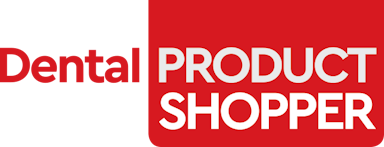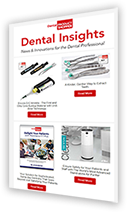Carol Aiken, DDS, and her team in Boston believe in the value of one-on-one education when it comes to teaching her patients about home care and the treatment options they recommend. “We don’t give out pamphlets, and you’re not going to see posters all over the walls of our offices,” says Dr. Aiken. “We believe that education is the most important part of what we do and that our patients came to get that information directly from us.”
Dr. Aiken’s routine oral exam is very thorough. It includes an intra- and extraoral exam and a conversation about any medical changes and whether the patient is experiencing any problems. “We tend to do X-rays and charting once a year and full mouth every 5 years,” explains Dr. Aiken. And, of course, the hygienist performs prophylaxis and makes hygiene and product recommendations. If the exam reveals pockets that are 5 mm or more and there's heavy bleeding during scaling, Dr. Aiken uses ARESTIN, a locally applied antibiotic that can be used in conjunction with scaling and root planing to destroy periodontal disease-causing bacteria. “We don't want to put people on systemic antibiotics for a very localized area,” says Dr. Aiken. “It’s very easy to use, but the full effectiveness depends to some extent on the patient and his or her home care.”
Which brings us back to patient education. “We’re very effective when it comes to educating our patients,” says Dr. Aiken, but she works with a periodontist who can step in when she encounters challenges with a patient who doesn’t fully understand the importance of her treatment or home care recommendations. “The periodontist can be enough of an alarm to a patient to help them understand ‘This is serious now’.”
Dr. Aiken and her team take a hands-on approach that combines their clinical technique with direct communication, just the right amount of appropriate products, and specialist referral as needed to effectively treat their patients.



